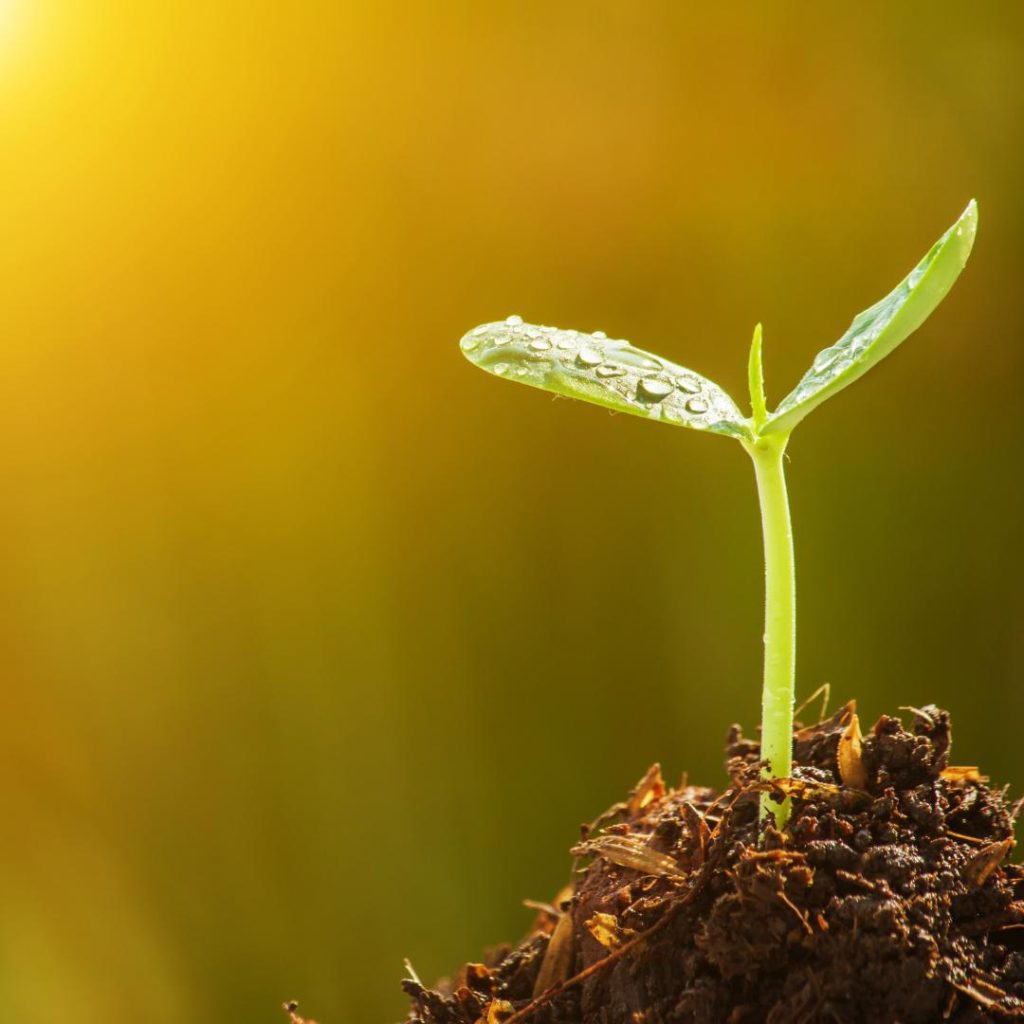EU Parliament votes in favor of farmers' right to seeds - but fails to strengthen the preservation of local and traditional varieties

The EU Parliament's decision safeguards the age-old tradition and the right of farmers to exchange small quantities of their own propagating material with each other for free or for a fee - a practice that has been practiced for generations and that strengthens resilience and independence in agriculture.
The resolution also grants farmers continued access to traditional varieties such as the old tomato variety "Rotes Herz", the Steinfelder Tellerlinse, the Laaer Zwiebel and Laufener Landweizen.
The decision frees farmers as well as conservation initiatives from new bureaucratic regulations. All these points in the report by Herbert Dorfmann, the rapporteur in the responsible EU Committee on Agriculture, were strongly opposed by the seed industry. Nevertheless, they were ultimately supported by the Social Democrats, the Greens and the Left, as well as parts of the European People's Party and the liberal Renew Group.
However, the industry lobby has prevailed on one essential point for saving traditional and local varieties. The transfer of endangered varieties for the purpose of their conservation should have been excluded from the scope of seed law. This possibility was severely restricted.
Only established conservation organizations may make use of this exception in the future.
The industry claimed that this exception would lead to "uncontrolled parallel markets". In reality, it was about the transfer of very small quantities, for example 500 grams of vegetable seed per year.
ARCHE NOAH and other seed initiatives from all over Europe have contacted MEPs in recent days to inform them about the threat to diversity and to demand farmers' right to seeds.
"We would like to thank our supporters who have made this campaign possible and all those who have sent seed packets to the EU Parliament or called MEPs themselves in recent days and weeks," says Prieler.
This work will continue after today's vote: the decision now forms the basis for the EU Parliament's negotiations in the trialogue with the EU Commission and the Council of Agriculture Ministers on the final legislative text.
Negotiations are not expected to begin until the end of 2024. A progress report by the Belgian Council Presidency and a discussion by the EU agriculture ministers is planned for the last Council meeting before the summer break, on June 24 and 25, 2024.






